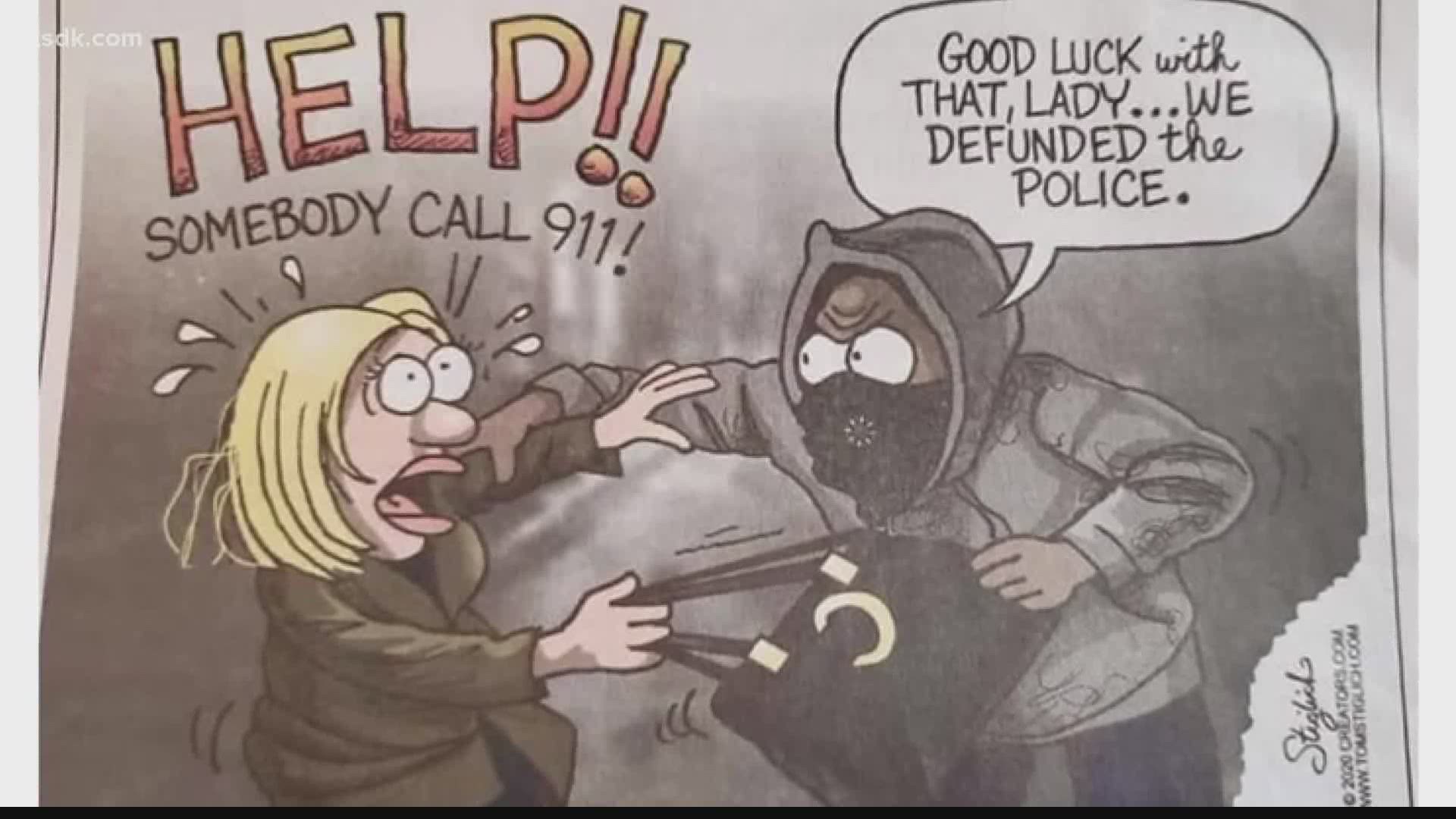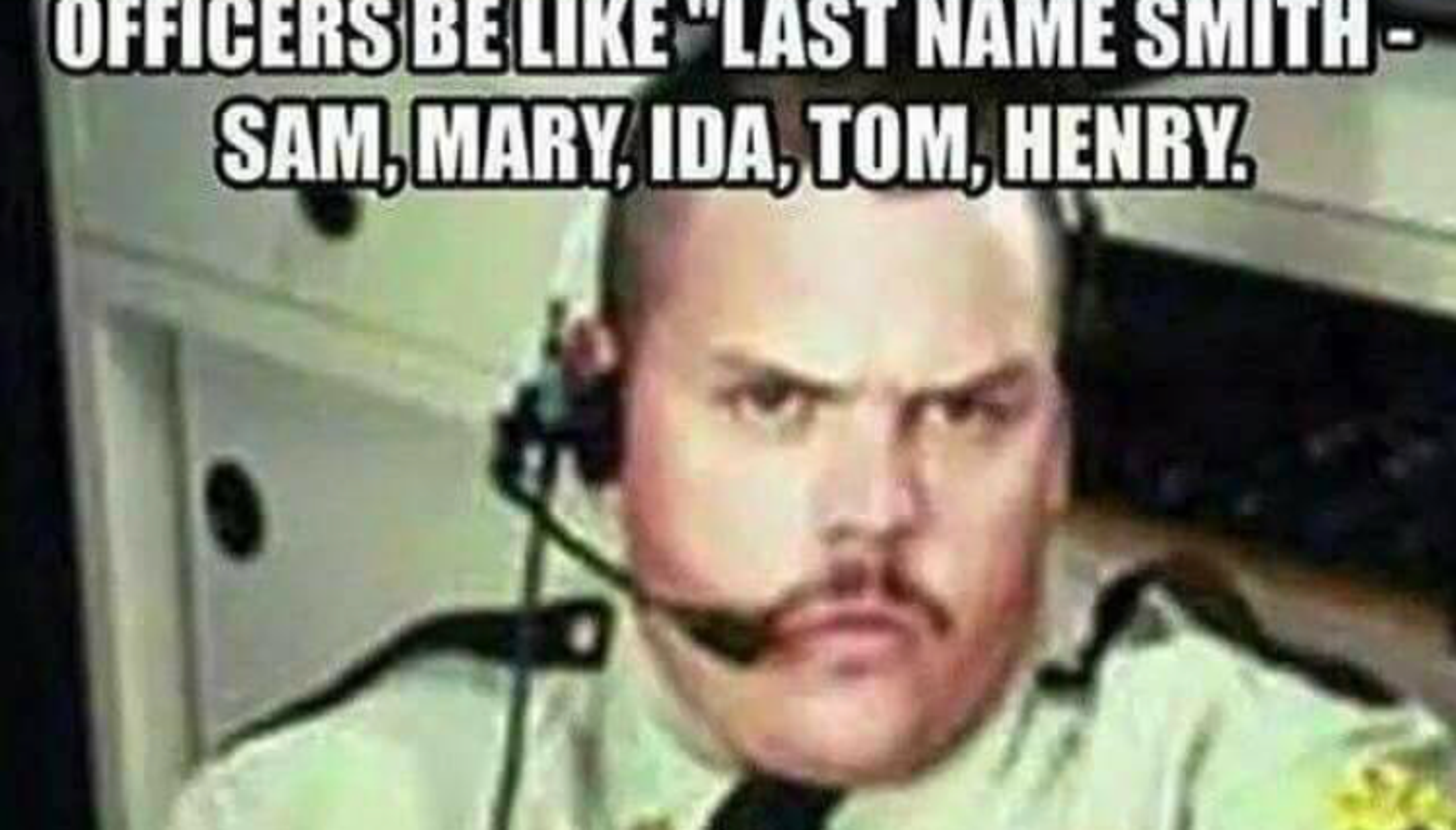Racist dark jokes have long been a controversial topic, sparking heated debates about humor, free speech, and social responsibility. While some argue that such jokes are harmless or even a form of satire, others believe they perpetuate harmful stereotypes and deepen societal divides. In this article, we will delve into the origins, impact, and ethical considerations surrounding racist dark jokes, offering a comprehensive understanding of why they matter in today’s world. Whether you’re here to learn, reflect, or take action, this guide will equip you with the knowledge you need to navigate this sensitive subject.
Humor is a powerful tool that can bring people together, but it can also alienate and harm. When jokes target marginalized communities, they can reinforce systemic inequalities and normalize discriminatory behavior. This is particularly concerning in the context of racist dark jokes, which often trivialize the lived experiences of people of color. By understanding the roots of such humor and its consequences, we can foster more inclusive and respectful conversations.
In the following sections, we will explore the historical context of racist humor, its psychological and societal impacts, and how individuals and communities can address this issue effectively. We will also examine real-world examples and provide actionable steps to promote empathy and accountability. Whether you’re a content creator, educator, or simply someone seeking to understand this complex issue, this article aims to be a valuable resource.
Read also:Ellie Nova Public A Comprehensive Guide To Her Life Career And Achievements
Table of Contents
- Historical Context of Racist Humor
- The Psychological Impact of Racist Dark Jokes
- Societal Consequences of Normalizing Racist Humor
- Ethical Considerations in Humor
- Real-World Examples of Racist Dark Jokes
- How to Address Racist Dark Jokes in Everyday Life
- The Role of Media in Shaping Perceptions of Humor
- Promoting Empathy and Inclusivity in Humor
- Legal Perspective on Hate Speech and Humor
- Conclusion: Moving Toward a More Inclusive Society
Historical Context of Racist Humor
Racist humor has a long and troubling history, often intertwined with colonialism, slavery, and systemic oppression. During the 19th and early 20th centuries, minstrel shows in the United States perpetuated racist stereotypes about African Americans through exaggerated performances and caricatures. These shows were not only a form of entertainment but also a tool to reinforce racial hierarchies and justify discriminatory practices.
Similarly, in other parts of the world, humor has been used to dehumanize marginalized groups. For example, anti-Semitic jokes were prevalent in Europe during the early 20th century, contributing to the rise of anti-Jewish sentiment that culminated in the Holocaust. These historical examples demonstrate how humor can serve as a vehicle for spreading harmful ideologies and normalizing prejudice.
Key Characteristics of Racist Dark Jokes
- They rely on racial stereotypes to provoke laughter.
- They often trivialize the experiences of marginalized communities.
- They can perpetuate systemic inequalities by normalizing discriminatory attitudes.
Understanding this historical context is crucial for recognizing the impact of racist dark jokes today. While the medium may have shifted from live performances to social media, the underlying harm remains the same.
The Psychological Impact of Racist Dark Jokes
Racist dark jokes can have profound psychological effects on both individuals and communities. For those targeted by such humor, these jokes can lead to feelings of alienation, anxiety, and diminished self-worth. Studies have shown that exposure to racial microaggressions, including racist jokes, can contribute to chronic stress and mental health issues among people of color.
Moreover, these jokes can reinforce implicit biases in those who consume them. Even if the audience does not consciously agree with the stereotypes being perpetuated, repeated exposure can normalize harmful attitudes and behaviors. This is particularly concerning in the age of social media, where racist jokes can spread rapidly and reach a wide audience.
Research Findings on Humor and Prejudice
- A 2018 study published in the Journal of Social Psychology found that exposure to racist humor increased tolerance for discriminatory behavior among participants.
- Another study highlighted that individuals who frequently consume racist humor are more likely to exhibit prejudiced attitudes in real-life interactions.
These findings underscore the importance of critically examining the humor we consume and share. While laughter may seem like a harmless act, it can have far-reaching consequences for both individuals and society as a whole.
Read also:9k Movie The Ultimate Guide To Understanding And Enjoying The Phenomenon
Societal Consequences of Normalizing Racist Humor
When racist dark jokes become normalized, they contribute to a culture of indifference toward systemic racism. This normalization can manifest in various ways, from workplace discrimination to the perpetuation of racial stereotypes in media and entertainment. By trivializing racism, such humor undermines efforts to address inequality and promote social justice.
Furthermore, the normalization of racist humor can create a hostile environment for marginalized communities. For example, employees who are subjected to racist jokes in the workplace may feel unsafe or undervalued, leading to decreased job satisfaction and productivity. Similarly, students who encounter such humor in educational settings may experience a decline in academic performance and mental well-being.
Impact on Social Movements
Racist humor can also hinder the progress of social movements aimed at combating racism. When jokes trivialize the struggles of marginalized groups, they diminish the urgency of addressing systemic issues. This can lead to apathy and resistance to change, making it more difficult to achieve meaningful progress.
Ethical Considerations in Humor
The ethical implications of racist dark jokes are complex and multifaceted. On one hand, proponents of free speech argue that humor should not be censored, regardless of its content. On the other hand, critics contend that humor carries a responsibility to avoid harm and promote inclusivity.
One ethical framework to consider is the concept of "punching up" versus "punching down." Humor that "punches up" critiques those in positions of power, such as politicians or corporations, and is often seen as a form of social commentary. In contrast, humor that "punches down" targets marginalized groups and reinforces existing power imbalances, raising ethical concerns about its impact.
Guidelines for Ethical Humor
- Avoid jokes that rely on racial stereotypes or derogatory language.
- Consider the potential impact of your humor on different audiences.
- Use humor as a tool for empathy and understanding, rather than division.
By adhering to these guidelines, content creators and individuals can contribute to a more inclusive and respectful culture of humor.
Real-World Examples of Racist Dark Jokes
Racist dark jokes are not confined to history; they continue to appear in various forms today. For instance, in 2019, a popular comedian faced backlash for a joke that trivialized police brutality against Black individuals. Similarly, social media platforms have been criticized for allowing racist memes and jokes to proliferate unchecked.
Case Study: The Role of Social Media
Social media has amplified the reach and impact of racist dark jokes, often blurring the lines between humor and hate speech. Platforms like Twitter and Instagram have struggled to balance free expression with the need to protect users from harmful content. This has led to debates about the role of tech companies in regulating humor and the potential consequences of censorship.
How to Address Racist Dark Jokes in Everyday Life
Addressing racist dark jokes requires a proactive approach at both the individual and societal levels. Here are some actionable steps you can take:
- Educate yourself and others about the impact of racist humor.
- Speak up when you encounter racist jokes, whether in person or online.
- Support content creators and platforms that prioritize inclusive and respectful humor.
By taking these steps, you can help create a culture that values empathy and accountability over divisiveness and harm.
The Role of Media in Shaping Perceptions of Humor
The media plays a significant role in shaping societal attitudes toward humor, including racist dark jokes. Television shows, movies, and online content often reflect and reinforce cultural norms, influencing how audiences perceive what is acceptable or funny.
Positive Examples in Media
Some media outlets have taken steps to address the issue of racist humor by promoting diverse voices and inclusive storytelling. For example, shows like "Black-ish" and "Master of None" use humor to challenge stereotypes and foster empathy, offering a counter-narrative to harmful jokes.
Promoting Empathy and Inclusivity in Humor
Humor has the power to bridge divides and foster understanding when used responsibly. By prioritizing empathy and inclusivity, content creators can create humor that resonates with diverse audiences without perpetuating harm.
Tips for Creating Inclusive Humor
- Focus on shared human experiences rather than divisive stereotypes.
- Collaborate with individuals from diverse backgrounds to gain perspective.
- Be open to feedback and willing to adapt your approach.
Legal Perspective on Hate Speech and Humor
While free speech is a fundamental right in many countries, there are legal limits to what constitutes acceptable humor. In some jurisdictions, racist jokes may be classified as hate speech if they incite violence or discrimination against specific groups.
Key Legal Considerations
- The distinction between free speech and hate speech varies by country.
- Content creators may face legal consequences for disseminating harmful jokes.
- Platforms may be held accountable for failing to regulate hate speech.
Understanding these legal nuances is essential for navigating the complex landscape of humor and free expression.
Conclusion: Moving Toward a More Inclusive Society
Racist dark jokes are more than just a form of entertainment; they reflect and perpetuate harmful attitudes that undermine efforts to create a more inclusive society. By understanding their historical context, psychological impact, and societal consequences, we can take meaningful steps to address this issue and promote empathy and accountability.
As individuals, we have the power to shape the culture of humor by speaking up against harmful jokes and supporting content that fosters understanding. Together, we can create a world where laughter brings people together rather than driving them apart. If you found this article helpful, please consider sharing it with others or leaving a comment to continue the conversation.

